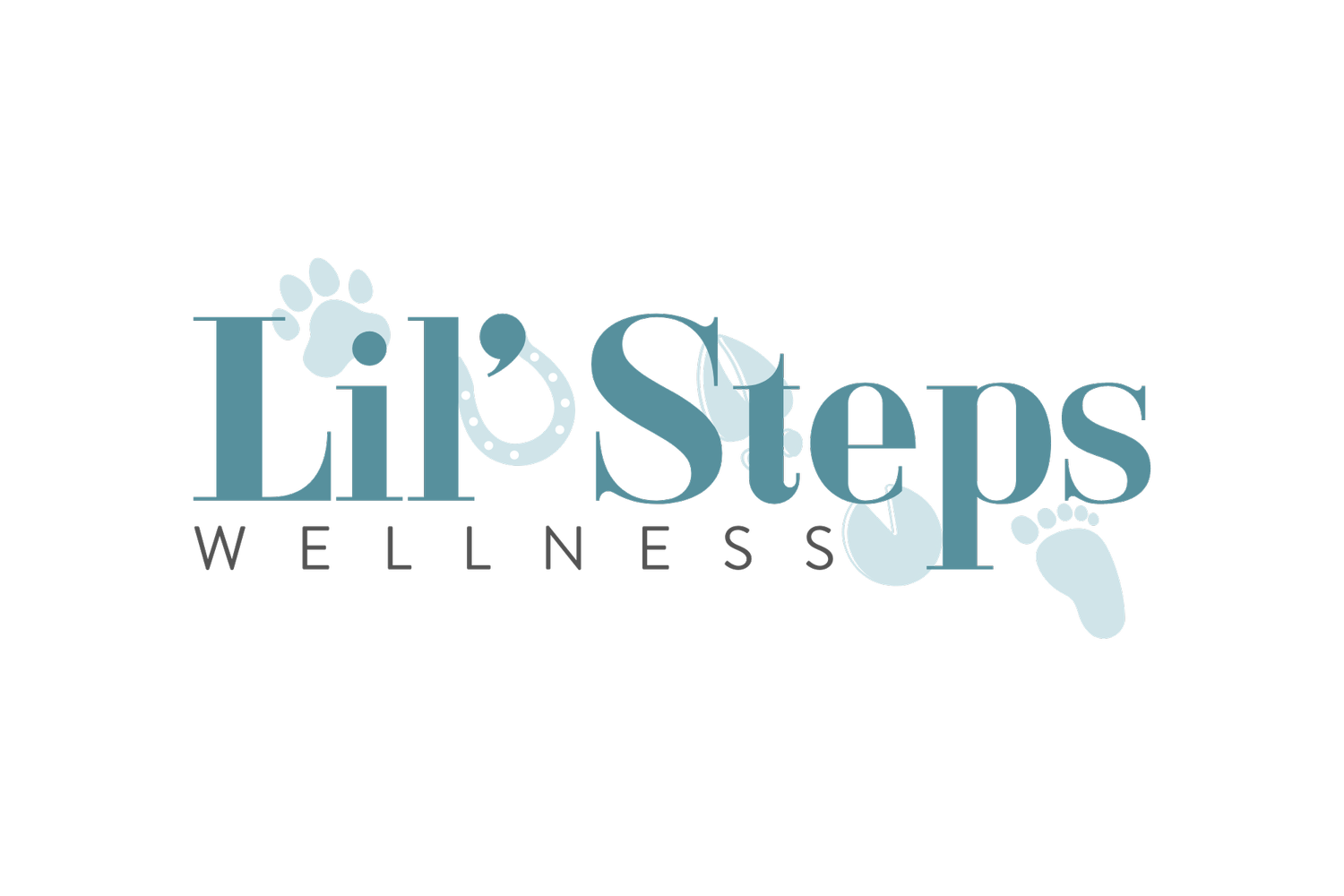Is Airing Your “Dirty Laundry” a Good Thing?
There have been times where I’ve read posts on social media and thought, “Wow, that was raw and a lot of information put out there for everyone to read”. And sometimes, yes, I do think it is a bit much to let everyone know how a relationship with an ex-partner is going or why someone’s place of employment is toxic. There may be more appropriate and direct platforms to have these discussions. In terms of talking about our mental health, however, there is a difference.
First, I don’t see mental health as ‘dirty laundry’; I see it more as a stain on your good pair of jeans that just needs a little assistance to get the sucker out!
Keeping on the topic of this stain...picture this: I had a stain on my clothes and in public feeling pretty embarrassed that others would see it. I tried to hide it by putting my jacket around my waist and covering it with my purse. After a while, I started to get nervous about how others would see me. Would they think that I don’t take care of myself or that I do not take pride in how I present myself?
What’s interesting, however, is when I mentioned to a (now) former co-worker that my daughter had dropped some of her food on me as we were rushing out the door to daycare (running late, as usual); she shared that she had the same experience many times before. It was interesting how it automatically connected us and allowed me to realize that we are all human and we all have mishaps in our lives.
This connection helped me feel normal and not alone; this is the same concept we need to use when talking about our mental health. Oftentimes, we think that if we share how we really feel or what is really going on, that we will be judged and looked down upon – when really – it’s usually the opposite.
So, why is talking about mental health important? Here are a few reasons that I have seen in my years of practice:
Lowering stigma. To lower stigma, we need to talk about mental health, but in order to talk about mental health, we need to lower stigma. So, we need to start somewhere. Since stigma breeds secrecy and shame, starting to talk about mental health more openly and honestly communicates to others that they are not alone. We ALL have mental health that needs attention and many of us will have mental health problems/illness at some point in our lives.
Empowering people to seek the help they need. The fact of the matter is, that in any given year, 1 in 5 people in Canada will personally experience a mental health problem or illness; by age 40, about 50% of the population will have or have had a mental illness (CMHA). The question is: how many of those people seek help? For those that don’t, one of the main reasons is (likely) that they are uncomfortable or afraid of talking about their struggles.
Providing the opportunity to process our feelings and understand things better. Sometimes, we’d like to think that we have all the answers and that we don’t need to talk about it. I hate to be the bearer of bad news, but we don’t know it all and we don’t need to pretend that we do either. Other people’s perspectives are helpful at times and even just saying it out loud helps to clarify your thoughts.
Building a connection while also challenging the belief that we are alone in this. I hear this from my clients the most often; they thought they were the only ones that felt this way or had these experiences. When you can share your experience, you understand that you are not alone and definitely not “abnormal” in any way.
Allowing people to feel more comfortable sharing difficult things, like thoughts of suicide. It’s a fact that those of us with mental health issues are more at risk of having thoughts of suicide or self-harm, and an increased risk of death by suicide. To lay it out there, after accidents, suicide is the second leading cause of death for people aged 15-24 years. Overall, it affects people of all ages and backgrounds with 4,000 Canadians per year dying by suicide (CAMH).
Since it was World Suicide Prevention Day on September 10, and National Suicide Prevention Month for our friends in the U.S., let’s keep the conversations going!
The overall take away is this: when you are feeling low or are struggling with anxiety or depression, talk about it with someone. When you do, you will start to see that there are so many other people who will relate to you, likely from having the same experience.
It’s not considered airing our “dirty laundry” by being real about how we feel and sharing stories. Touching on the previously mentioned “stain”, opening up helps us start to clean it and get advice from others on how to get it out.
Talking about our mental health is about being courageous, strong, bold, and breaking the stigma that keeps us quiet. Who knows…maybe your story will help change the story of someone struggling and allow them to get the help they need.
